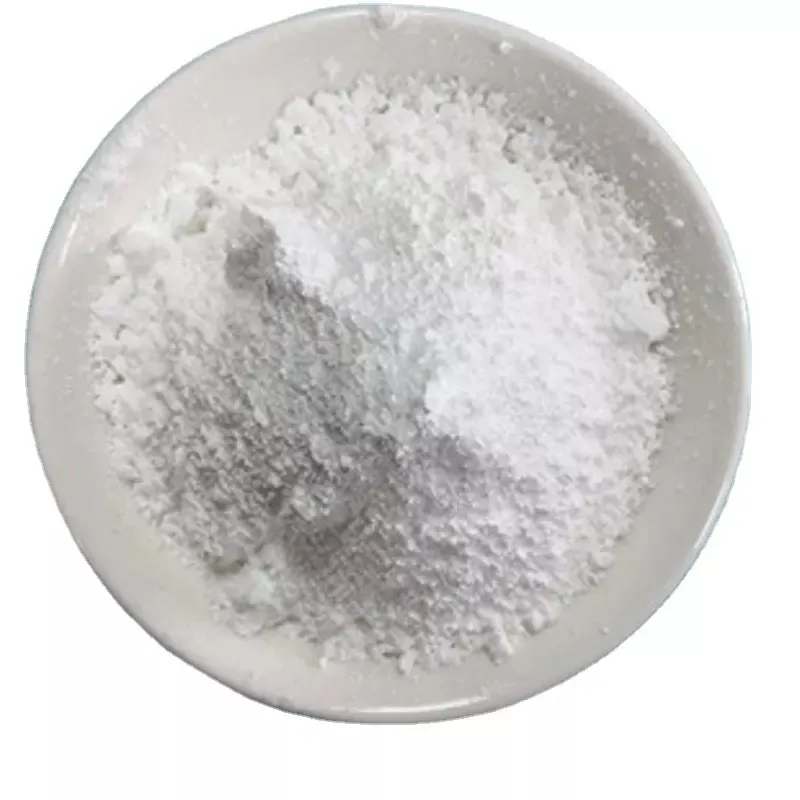Warning: Undefined array key "title" in /home/www/wwwroot/HTML/www.exportstart.com/wp-content/themes/1198/header.php on line 6
Warning: Undefined array key "file" in /home/www/wwwroot/HTML/www.exportstart.com/wp-content/themes/1198/header.php on line 7
Warning: Undefined array key "title" in /home/www/wwwroot/HTML/www.exportstart.com/wp-content/themes/1198/header.php on line 7
Warning: Undefined array key "title" in /home/www/wwwroot/HTML/www.exportstart.com/wp-content/themes/1198/header.php on line 7
- Afrikaans
- Albanian
- Amharic
- Arabic
- Armenian
- Azerbaijani
- Basque
- Belarusian
- Bengali
- Bosnian
- Bulgarian
- Catalan
- Cebuano
- China
- China (Taiwan)
- Corsican
- Croatian
- Czech
- Danish
- Dutch
- English
- Esperanto
- Estonian
- Finnish
- French
- Frisian
- Galician
- Georgian
- German
- Greek
- Gujarati
- Haitian Creole
- hausa
- hawaiian
- Hebrew
- Hindi
- Miao
- Hungarian
- Icelandic
- igbo
- Indonesian
- irish
- Italian
- Japanese
- Javanese
- Kannada
- kazakh
- Khmer
- Rwandese
- Korean
- Kurdish
- Kyrgyz
- Lao
- Latin
- Latvian
- Lithuanian
- Luxembourgish
- Macedonian
- Malgashi
- Malay
- Malayalam
- Maltese
- Maori
- Marathi
- Mongolian
- Myanmar
- Nepali
- Norwegian
- Norwegian
- Occitan
- Pashto
- Persian
- Polish
- Portuguese
- Punjabi
- Romanian
- Russian
- Samoan
- Scottish Gaelic
- Serbian
- Sesotho
- Shona
- Sindhi
- Sinhala
- Slovak
- Slovenian
- Somali
- Spanish
- Sundanese
- Swahili
- Swedish
- Tagalog
- Tajik
- Tamil
- Tatar
- Telugu
- Thai
- Turkish
- Turkmen
- Ukrainian
- Urdu
- Uighur
- Uzbek
- Vietnamese
- Welsh
- Bantu
- Yiddish
- Yoruba
- Zulu
Ago . 10, 2024 23:50 Back to list
The Impact of Aspartame on Individuals with Phenylketonuria and Dietary Considerations for Safe Consumption
Aspartame and PKU Understanding the Connection
Aspartame is a low-calorie artificial sweetener widely used in various food and beverage products as a sugar substitute. With its sweetening power estimated to be around 200 times greater than that of sugar, aspartame has become a staple in diet sodas, sugar-free gum, and numerous other low-calorie foods. However, its use raises significant health concerns for individuals with a rare genetic disorder known as Phenylketonuria (PKU).
Aspartame and PKU Understanding the Connection
Aspartame is composed of two amino acids phenylalanine and aspartic acid. When consumed, aspartame is broken down into its components, which means that individuals with PKU must avoid it entirely to prevent excessive phenylalanine levels in their blood. Consequently, food products containing aspartame are required to carry a warning label informing consumers about its presence, thereby alerting those afflicted with PKU.
aspartame and pku

The dietary management of PKU primarily involves adhering to a strict low-protein diet. This includes avoiding high-protein foods such as meat, dairy, eggs, and certain nuts, which are rich in phenylalanine. While it is essential for individuals with PKU to monitor their protein intake, they must also be vigilant about the consumption of sweeteners. The introduction of low-calorie sweeteners like aspartame has posed a challenge for dietary management, as they are often found in foods and beverages marketed as “sugar-free” or “diet.”
Understanding the implications of aspartame consumption is crucial for individuals with PKU and their families. It is important for caregivers and healthcare professionals to emphasize the need for rigorous label reading to avoid accidental ingestion. In recent years, advancements in metabolic management have provided individuals with PKU more dietary options. However, even with improved therapeutic diets, the presence of aspartame requires continued vigilance.
Despite concerns surrounding aspartame, numerous health regulatory agencies, including the U.S. Food and Drug Administration (FDA) and the European Food Safety Authority (EFSA), have deemed aspartame safe for consumption by the general population. These organizations emphasize the importance of proper labeling for the benefit of individuals with PKU. For those without PKU, aspartame is considered a safe alternative to sugar, although discussions regarding its long-term health effects continue.
In conclusion, while aspartame serves as a beneficial dietary option for many seeking to reduce caloric intake, it poses significant risks for individuals with Phenylketonuria. Ongoing education and development of clear labeling practices are vital to ensure that individuals with PKU can navigate food choices safely. Recognizing the need for a well-informed public, particularly concerning the needs and challenges of those with PKU, can facilitate healthier dietary practices and promote inclusivity within the food industry. Understanding and addressing the connection between aspartame and PKU is essential in safeguarding the health and well-being of affected individuals.
Latest news
-
Certifications for Vegetarian and Xanthan Gum Vegetarian
NewsJun.17,2025
-
Sustainability Trends Reshaping the SLES N70 Market
NewsJun.17,2025
-
Propylene Glycol Use in Vaccines: Balancing Function and Perception
NewsJun.17,2025
-
Petroleum Jelly in Skincare: Balancing Benefits and Backlash
NewsJun.17,2025
-
Energy Price Volatility and Ripple Effect on Caprolactam Markets
NewsJun.17,2025
-
Spectroscopic Techniques for Adipic Acid Molecular Weight
NewsJun.17,2025

